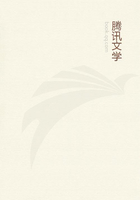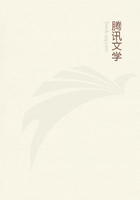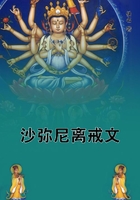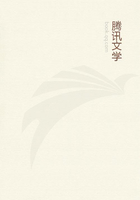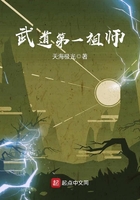What was the tax on tea, of which they drank little, and the duty on stamps, when they had but little need for legal papers? And why should not taxes follow protection, which Great Britain had not often withheld in the need of a favorite colony, as South Carolina had unquestionably been?
Let us do justice to this people. The loyalists -- or, as they were more commonly called, and as we shall hereafter be compelled to call them, the Tories -- were, probably, in the majority of cases, governed by principle, by a firm and settled conviction, after deliberate examination of the case.
That they might have thought otherwise, nay, would gradually have adopted the opinions of the patriots, is not improbable, had more time been allowed them, and had the course of the latter been more indulgent and considerate. Unfortunately, this was not the case;and the desire to coerce where they could not easily convince, had the effect of making a determined and deadly, out of a doubtful foe.
This was terribly proved by the after history. To this cause we may ascribe, in some degree, the terrors of that sanguinary strife, in which, to use the language of a distinguished officer, they "pursued each other rather like wild beasts than men."* We shall see something of this history as we proceed in ours.
--
* Letter of General Greene. See Johnson's Greene.
--
There was yet another circumstance which tended, in some degree, to give courage to the Tories. It was the somewhat temporizing policy of the patriots. There was still a feeling of doubt, a hesitancy, on the part of the latter, as the prospects grew stronger of a final breach with Great Britain. There were many who still clung to the hope that the differences of the two nations might yet be reconciled;and though the means of such reconciliation did not make themselves obvious, they yet fondly cherished the conviction that something might turn up, at the last moment, to prevent the absolute necessity of bloodshed.
This portion of the patriots necessarily influenced the rest; those who, looking beyond the moment, saw the true issue, and properly regarded the declared objects of difference as pretexts which must suffice when the better reasons might not be expressed. They dared not openly broach the idea of national independence, which, there is very little question that the noblest of the American patriots everywhere, though secretly, entertained from the beginning. The people were not prepared for such a revelation -- such a condition; and appearances were still to be maintained. Their proceedings, accordingly, still wore, however loosely, a pacific aspect. Though actively preparing for war, the professions of the patriots declared their measures to be precautionary only -- a refuge, an alternative, in the event of greater oppression. They still spoke the language of loyalty, still dealt in vague assurances of devotion to the crown.
But such professions deceived nobody, and least of all the loyalists.
They derived courage from the reluctance of the patriots to embark in a struggle, for the fruits of which, if successful, they evidently longed. They were not less active -- nay, in the interior, they were even more active -- than their opponents; had already taken arms, and gained advantages, which nothing but decisive movements on the part of the people along the seaboard could possibly induce them to forego. This necessity was apparent for other reasons.
In consequence of the temporizing policy already mentioned, the crown was still in possession of most of the shows of power in and about Charleston. The royal governor was still in the city, and in some degree exerting his authority. Fort Johnson, on James' Island, was suffered to remain in the hands of the king's troops for more than three months after the Provincial Congress had ordered a levy of troops, and had resolved on taking up arms.
Two British armed vessels, the Tamar and Cherokee, lay in Rebellion Roads, opposite Sullivan's Island. This force was quite sufficient, under existing circumstances, to have destroyed the town.
But the royal leaders were not prepared for this issue; they shared the reluctance of the patriots to begin a conflict, the issues of which were so extreme. Their policy, like that of the patriots -- influencing it, and possibly influenced by it -- was equally halting and indecisive.
It was sufficiently satisfactory if, by the presence of such a force, the citizens should be overawed and kept from action.
This condition of things could not continue. The very nature of the movement was adverse to indecision. It needed but a first step -- a first stroke --and this was to be taken by the patriots. They brooked impatiently the humiliating position in which the city stood, controlled by an inferior enemy; and it was resolved that Fort Johnson should be subdued.
It was on this occasion that Marion first drew his sword against the British.
He was one of those Captains who, with their companies, were dispatched on this expedition. The command was given to Col. Moultrie.
A strong resistance was expected, as, but a short time before, the garrison had been reinforced from the armed vessels.

